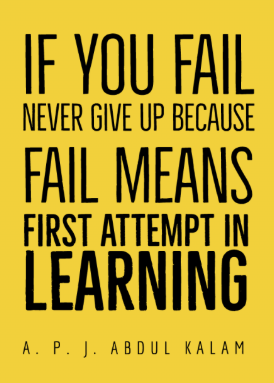How to raise confident kids

Everyone wants their kids to be happy and confident, but how much is due to their personality and how much is due to the messages they receive from their parents?
Developing self-confidence is dependent on children knowing how to feel content and secure in their own skin. As parents, you have a definite role in helping your children to achieve this. Raising confident kids mean that they are better equipped to deal with peer pressure, responsibility, frustrations, challenges, and both positive and negative emotions.
Practical Ways to Boost their Confidence
- Give praise
Try to make it genuine and specific to the good behaviour – and don’t overdo it. Avoid saying phrases like, “You are incredibly clever” too often, because when they find something difficult, they may stop trusting that are ‘clever’, and also stop trusting the person who tells them that they are. We don’t want our children to have the mindset that they have reached their limit when things become hard, and stop trying.
- Don’t step in and ‘rescue’ them
Avoid doing things for them, especially when things get tough. If your child isn’t feeling confident about trying something and asks you for step in for them, how you respond will make a difference. When we are running late, it is always tempting to step in and do the task for them. But this reinforces their belief that they aren’t up to the challenge. Allow them to do tasks that they are capable of doing, or learning to do.
- Let them fail

Part of increasing a child’s skillset is learning from failure
This follows on from the above point. The fear of failure often prevents children from trying their best and reaching their fullest potential, which can naturally diminish confidence. Making mistakes, trial and error and experience are all part of active learning.
Kids are more likely to remember what they learn, and build on their confidence in the process, if we teach them that it’s far more important to try (and fail), than to only do things that you are good at.
- Break down any difficult tasks
Breaking down challenging tasks can help your child feel less overwhelmed and more in control, confident and safe. Divide the task/assignment into manageable steps.
- Admit to your mistakes
Kids will work out if you are doing something wrong and trying to cover it up. Talk to your kids about it and how you will try to improve. You are their best role model for improving behaviour.
- Be specific if they do something well
If your child succeeds at something, ask them how they did it or how they knew. This assists them in developing an awareness of particular things they did that contributed to their achievement.
- Never threaten a punishment that you cannot carry out
Nearly all of us have said, “If you do that there is no more tv/gaming!” Avoid doing this.
- Encourage them to express their feelings
Encourage children to express both positive and negative emotions, and help them talk through these emotions in a healthy way. Allowing them to express negative emotions is ok. The trick is teaching them productive ways of dealing with things if something doesn’t go their way.
One of the best things that parents can do is to discover what lights up their child. Investing time and energy into your child’s passion is great for their self-confidence.
We are offering a FREE 2 week trial of Literacy for Boys. Try it for yourself and see how it works for your child or class (8 years to 15 years). Contact us today: info@literacyforboys.com.au
Check out our blogs for more ideas and tips.
Noticed gaps in your child’s learning since remote learning? We offer the solution
Boys don’t read enough: changing the non-reading mindset
How LFB is gaining real results in improving literacy
Boys Love LFB – Here’s what they have to say!
Get boys reading in the digital age
Why write? Tips for reluctant writers
Brought to you by Tanya Grambower
